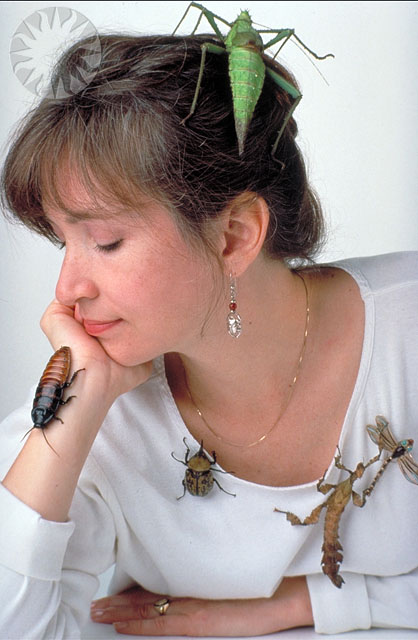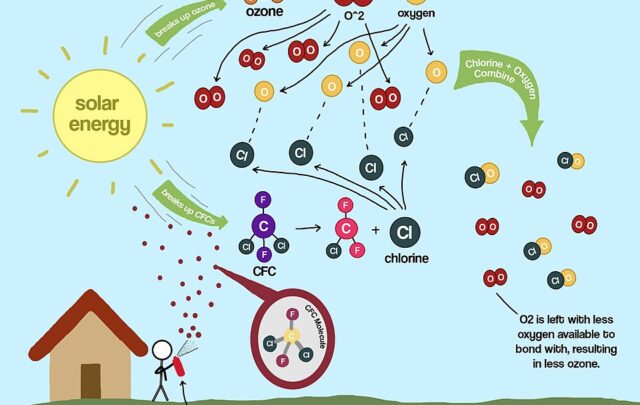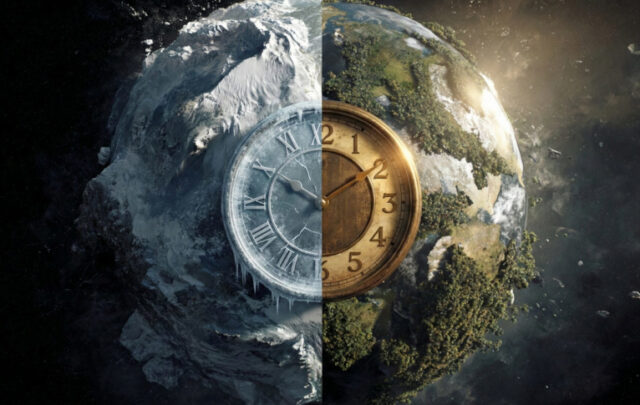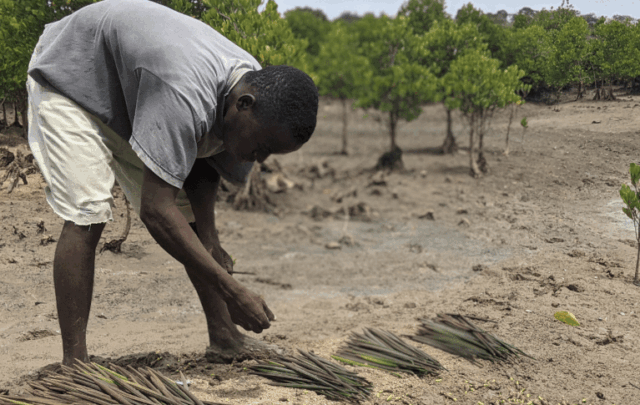Two years ago I asked the question in the title of this piece. Now comes a wide-ranging study that suggests we are about to test that question in a major way.
The study predicts that at the current rate of loss of insect species, 40 percent could be gone “in the next few decades.” What is particularly alarming is that this “could trigger wide-ranging cascading effects within several of the world’s ecosystems.” That means that many other life-forms including other animals and plants could find themselves without what they need to survive in this dangerous game of musical chairs orchestrated by humans. Might we be one of those species?
Insects do much of the crop pollination necessary for food production. A list of crops pollinated by bees is quite long. Humans could survive without these foods, but the nutrition and variety in our diets would be severely limited. And yet there is a greater problem. Outside of agriculture 80 to 95 percent of plant species require animal pollination. Since those plants are the base of every food chain, catastrophic declines in insect populations could lead to a collapse of existing ecosystems. The exact scope and effects of such a collapse cannot be fully anticipated. But it is doubtful humans would be unharmed.
Human civilization uses an enormous amount of free ecoservices, that is, services provided by nature including the purification of water, the formation of soil, the regulation of climate, and energy resources such as hydropower and biomass. However one values these services, the value is enormous. If humans had to pay for these services, that is, if we had to set up mechanical and chemical substitutes, we would never able to afford it. But, we probably wouldn’t be able to set up substitute systems that work as precisely and effectively as nature’s.
For the last 600 million years oxygen levels have been kept in a range friendly to life by the almost perfectly balance synchronization of the sulfur and carbon cycles mediated by life processes. (For an excellent account of this, I can recommend the book, Life as a Geological Force.) Right now we are interfering with the carbon cycle in a major way that is affecting climate. While it doesn’t seem to be affecting oxygen levels much, our actions do threaten the stability of modern technical civilization which grew up in an era of mild climate fluctuations.
It has taken a long time to begin to understand the sulfur and carbon cycles and to understand the origins and full ramifications of climate change. Do we believe that we can understand in short order both the ramifications of the vast loss of species among insects and practically every other class of living organisms? Do we believe we can then come up with a response that will protect us from major reductions in our food supply or in the ecoservices mentioned above?
The best response would be to stop doing those things, the consequences of which could be grave and about which we understand very little. So far, it appears that we as a human community will continue to be as careless about our own survival as we have been about the survival of the species that surround us.
Photo: Sally Love, former director of the Insect Zoo at the National Museum of Natural History, wears a selection of live zoo inhabitants. 1992. Credit: Laurie Minor-Penland (Smithsonian Institution). VIa Wikimedia Commons. https://commons.wikimedia.org/wiki/File:Insects_on_Woman.jpg
























